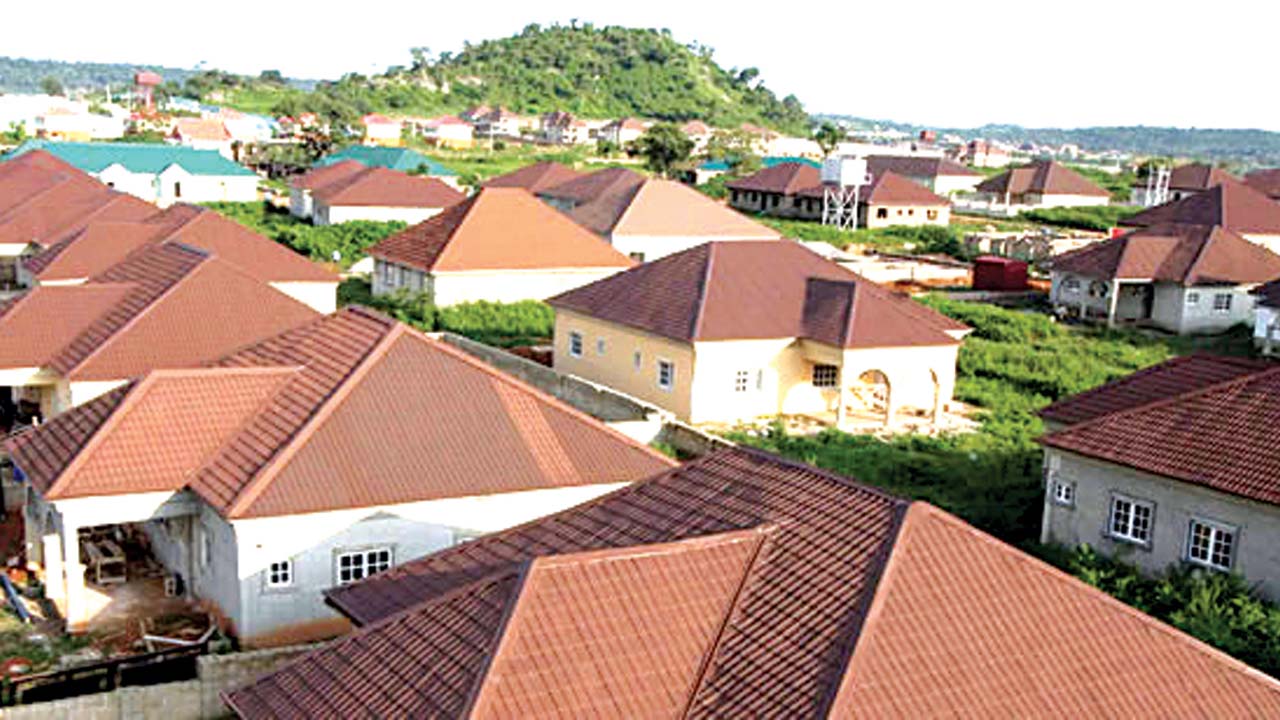The worsening global rent crisis over the years has pushed many to desperate living conditions. Unable to cope with soaring rent costs, some Nigerian immigrants in Canada were reportedly sleeping in streets and cemeteries.
Canada’s lack of affordable housing is visible in cities like Quebec and Granby, where rental prices have doubled in the past few years.
Despite the fact that subsequent reports clarified that most Nigerians who live in Canada are settled with fixed communities and common living standards, a growing number of vulnerable immigrants remain priced out of suitable housing options.
The situation in Nigeria uncannily mirrors Canada’s. In major cities like Lagos and Abuja, rents have risen by more than 100%, pushing tenants to seek creative living solutions.
While some Nigerians are compelled to convert shop units into ad-hoc housing, others relocate to remote locations with limited amenities and cheaper rent.
The result is a subtle displacement crisis that exposes the deepening inequality across cities. For many families, as high rent demands persist with low income expectancy, the dream of owning or even being able to affordably rent a decent house is fading away.
Alongside this crisis, several solutions are springing up across both countries.
In Canada, local governments have taken decisive steps to alleviate the housing burden on immigrants.
Municipal programmes like the National Housing Strategy (NHS) provide subsidised housing, rental assistance and community housing development for low-income earners and newcomers.
Habitat for Humanity Canada, a nonprofit organisation, offers temporary accommodation and housing guidance to help new arrivals integrate smoothly.
The Nigerian Canada Association has also stepped in, providing shared housing opportunities, short-term rent support and networking programmes that connect new immigrants with affordable rental options in major cities like Toronto, Edmonton and Winnipeg.
These grassroots networks have become lifelines for Nigerians seeking stability in a challenging housing market
In Nigeria, policymakers and private innovators are embracing similar models.
The Lagos Home Ownership Mortgage Scheme (LagosHOMS) and Family Homes Fund (FHF) are examples of rent-to-own initiatives that allow tenants to gradually acquire property through flexible payment plans.
The National Social Housing Programme (NSHP) aims to build a lot of affordable units for low-income earners across the country.
Meanwhile, technology-oriented startups, such as Spleet and Kwaba, have transformed how rent is paid, allowing tenants to make monthly installments in lieu of the traditional annual payments.
These innovations ease the financial pressure on renters and bridge the gap between income and housing costs.
Some states are also promoting cooperative housing schemes, where groups of individuals bring together their resources to build shared apartment blocks or buy land collectively.
This model, supported by local housing cooperatives and the Federal Mortgage Bank of Nigeria (FMBN), has proven very helpful for civil servants and low-income earners.
Also, following these institutional solutions, several NGOs have started offering housing finance literacy programmes, teaching Nigerians how to save, invest and navigate mortgage options.
Although challenges persist, such as limited access to credit and rising construction costs, these solutions are building momentum towards a more equitable housing landscape.
Ultimately, the persistent rent crisis in Canada and Nigeria highlights a shared struggle for security and dignity. Shelter is a foundation for belonging, stability and opportunity.
These efforts represent more than policy fixes—they are glimpses of hope, proving that with the right mix of innovation, empathy and collaboration, the dream of having a place to call home can once again become a reality.
Summary not available at this time.






